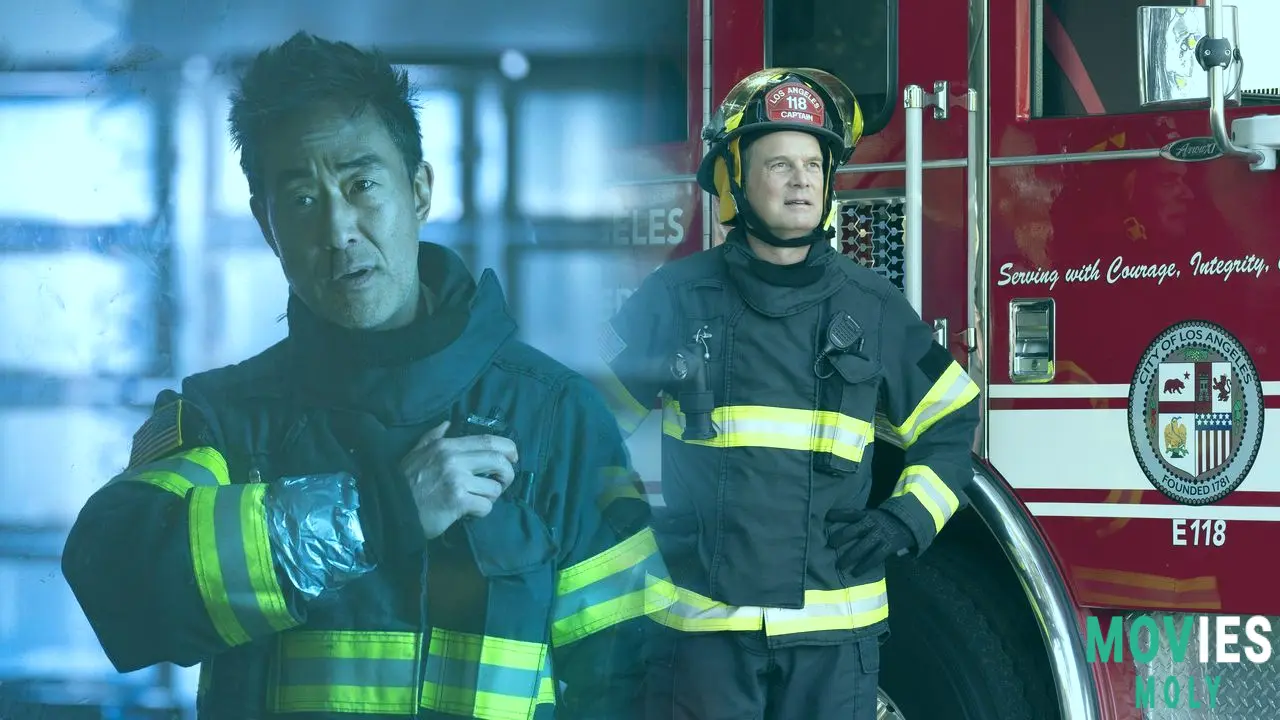After nearly a decade of surviving infernos, catastrophic crashes, and emotional trauma alongside the fearless crew of LAFD Station 118, Peter Krause’s Captain Bobby Nash finally faced a call from which there was no return. In a heart-wrenching and courageously crafted episode of ABC’s 9-1-1, the Ryan Murphy-produced procedural shattered its own legacy — and perhaps that of network television — by saying goodbye to its most central male character through a story that was as bold as it was beautiful.
How Bobby Nash’s Death Breaks New Ground After Eight SeasonsFor eight seasons, and across nine years of airtime, Krause embodied Bobby Nash with a quiet intensity that balanced grit, vulnerability, and heroism. His departure from the series — not just a character exit, but a permanent, irrevocable loss — is the kind of storytelling gut-punch that only comes from shows willing to risk the comfort of their status quo. The episode titled “Lab Rats” didn’t just give us a fatal plot twist; it gave us a meaningful send-off that honored every step of Bobby’s arc and, more importantly, paid tribute to real first responders everywhere.
In a grim turn of events, Bobby contracts a deadly virus while trapped in a lab with his team. With only one vial of vaccine available, he makes the ultimate sacrifice — giving the cure to Chimney (Kenneth Choi) instead of himself. The moment of heroism is underscored by a final, intimate goodbye to his wife Athena Grant-Nash (Angela Bassett), delivered through a glass barrier as Bobby’s strength fades. His last image — kneeling in prayer — was a poignant punctuation to a character who had always walked the line between faith, doubt, and perseverance.
Angela Bassett and Peter Krause Deliver an Emotional Farewell Through Silent Connection
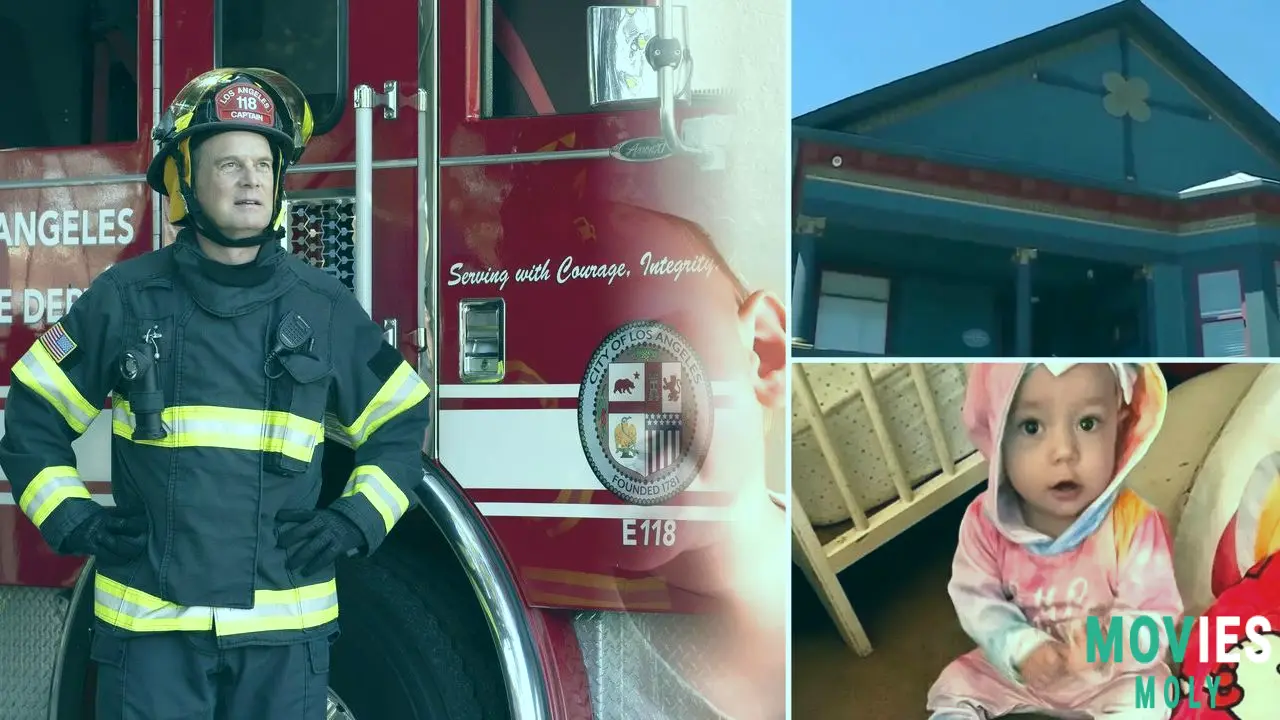
The final scene between Bobby and Athena is a masterclass in emotional restraint. Bassett, who has shared an on-screen partnership and deep chemistry with Krause since Season 2, described the filming as “difficult” but deeply resonant. And it shows. Without needing grand monologues or dramatic gestures, the two actors conveyed a lifetime of love, loss, and understanding in a single look. As Bassett put it, “When we looked into each other’s eyes, I think we were there emotionally, and that told the story.”
For fans who have watched this team survive imploding buildings, freeway pileups, and underwater rescues, seeing them broken by a virus — one that claimed their brother — is a jarring reminder that real stakes exist, even in shows built on high-octane heroism. And that’s exactly what 9-1-1 creator Tim Minear wanted. He didn’t just want a shocking death; he wanted a meaningful one.
Creator Tim Minear Explains Why Bobby Nash Had to Be the One to Die
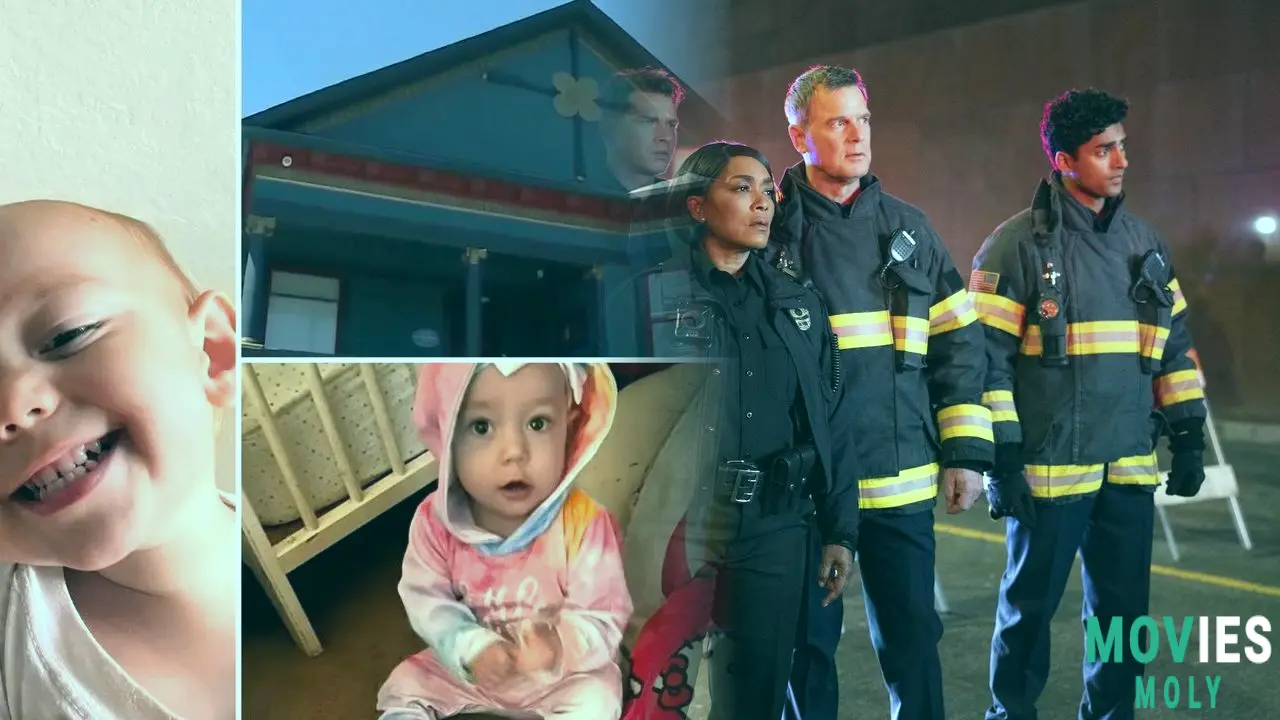
In interviews with Variety and TheWrap, Minear pulled back the curtain on the difficult creative decisions behind Bobby’s death. He’s made a career out of crafting stories with real consequences, and after eight seasons of survival against the odds, he needed the show to regain a sense of urgency and emotional truth. “If we have any hope of creating stories going forward that have actual stakes, then someone’s got to die,” Minear said.
And why Bobby? Because his arc made sense. Minear called it “tragic sense” — a full-circle journey from a man seeking atonement to one who finds grace in sacrifice. It wasn’t about shock value; it was about storytelling integrity. Minear even revealed that the iconic prayer pose in Bobby’s final moments was Krause’s idea — a carefully crafted image that turns into a silent icon of faith, hope, and inevitability.
What This Means for 9-1-1 Moving Forward — and for the Genre as a Whole
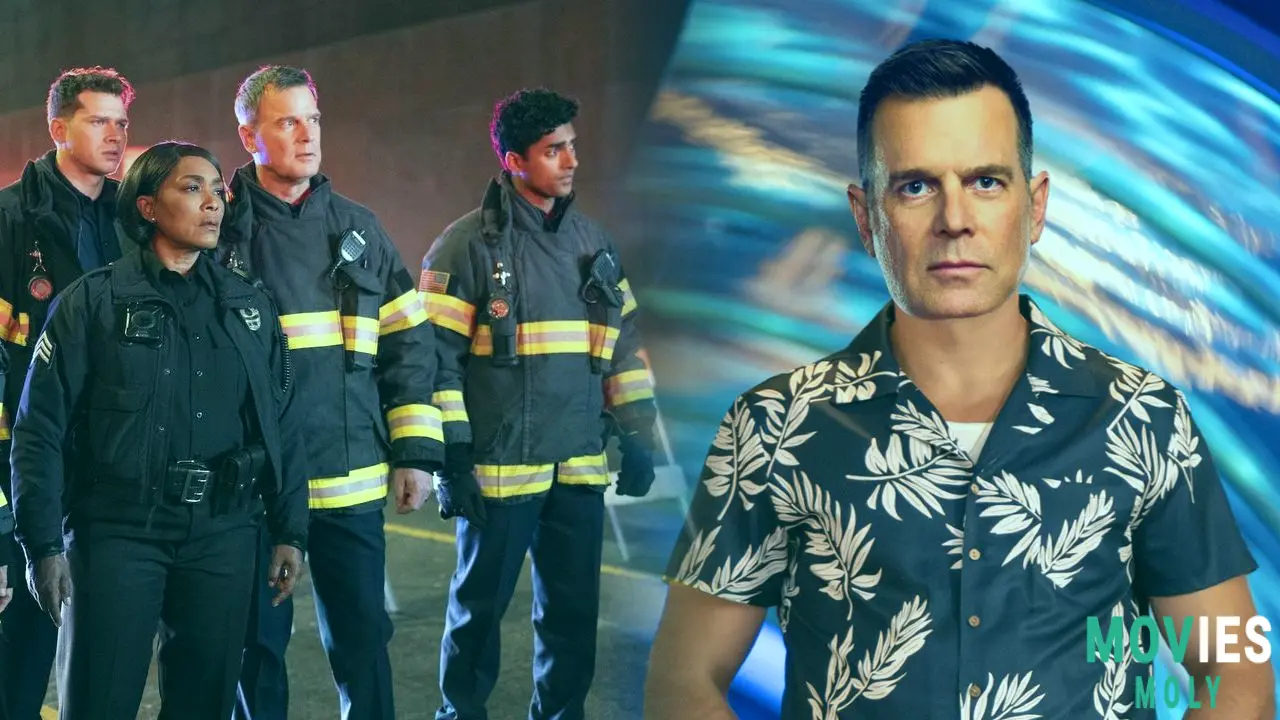
With three episodes left in Season 8 and a Season 9 already greenlit, the fallout from Bobby’s death is set to dominate the emotional landscape of 9-1-1. Angela Bassett admits she hasn’t asked Minear what’s next for Athena — but she suspects it will be a heavier load. After losing her husband, partner, and co-hero, Athena’s path forward may be lonelier and more complex than ever.
But that’s what makes this moment so powerful. After years of explosive rescues and impossible saves, the show gave us a tragedy that couldn’t be avoided, a hero who couldn’t be saved. It’s a stark reminder that first responders live with risk every day — and that *real* heroism sometimes means giving everything, even when no one is watching.
Peter Krause’s Parting Tribute Honors the Entire 9-1-1 Family
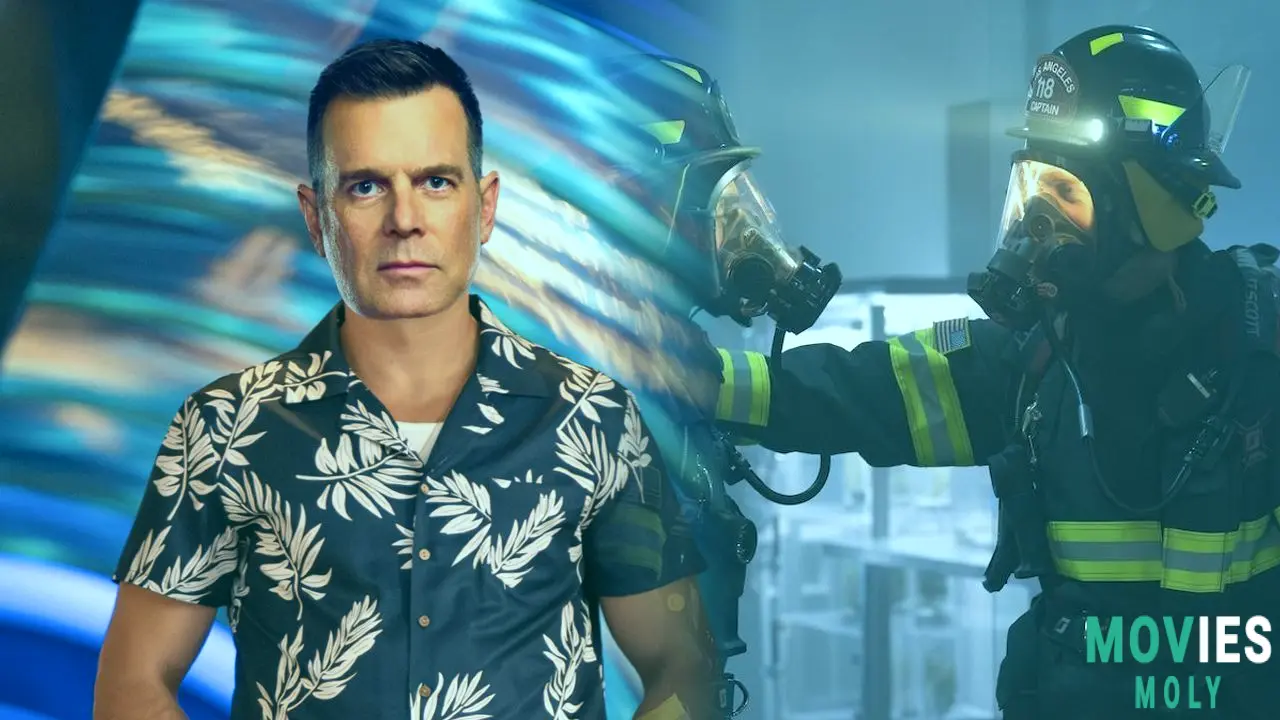
In a heartfelt statement, Krause thanked everyone from the crew to the real firefighters who lent their expertise. He called the experience “a wild adventure” and signed off with a message to his on-screen team: “Misfit heroes need each other. That’s how we do it at our firehouse. Pass it along to the next new guy.” It’s a line that feels like both an ending and a promise — that the spirit of Bobby Nash will live on in every call the 118 answers from here on out.
For a show often compared to superhero franchises for its larger-than-life action and emotional core, 9-1-1 just delivered its most *heroic* moment yet — not with explosions or daring saves, but with sacrifice, love, and truth. And that’s the kind of storytelling that never comes back down from the clouds.

